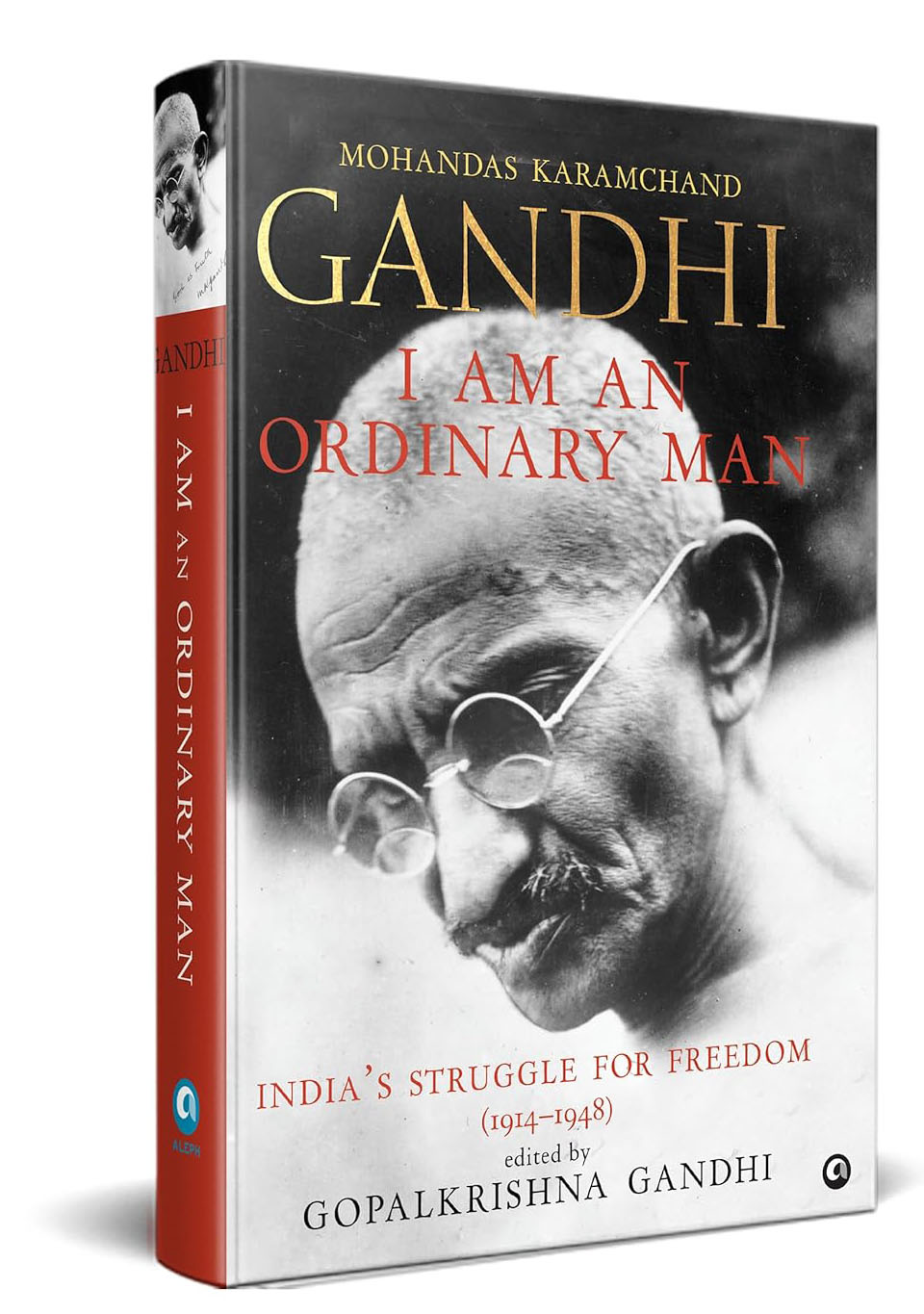


This book completes Mohandas K. Gandhi’s story that began in Restless as Mercury: My Life as a Young Man. That work contained the story of Gandhi’s life in his words from the time of his childhood until 1914 when, after the satyagraha launched by him in South Africa for redressing wrongs suffered there by the Indian community had ended in a measure of success, he returned to India. In this volume, we follow Gandhi’s story from the time he returned to India—his hopes, challenges, jail stints, fasts, relationship with his family, and more—completing his narrative in his own words right up to the last day of his life.
The account is divided into four sections: in Book 1 (1914–18), Gandhi launches his first satyagraha in India with the indigo growers of Bihar followed by the industrial satyagraha with mill workers in Ahmedabad. He then launches the movements for the exorcising of untouchability and for Hindu–Muslim unity.
Book 2 (1920–29) sees the launch of the non-cooperation movement and the adoption of ahimsa as an article of faith higher than all other beliefs, practices, and commitments. Meanwhile, Gandhi’s attention remains fixed on abolishing untouchability, resolving the Hindu-Muslim standoff, and mobilizing people to spin khadi. He experiences his first prison term in India on the charge of sedition. The protests against the Simon Commission (the committee that was to suggest constitutional reforms did not have a single Indian on it) lead to lathi charges, following which Lala Lajpat Rai dies, galvanizing the movement for swaraj. Gandhi sponsors the ‘complete independence’ resolution as the Congress’s immediate goal and authorizes it to launch civil disobedience.
In Book 3 (1930–39), with complete independence having been set as the struggle’s goal, Gandhi is once again at India’s political helm. He leads about eighty satyagrahis from the Sabarmati Ashram to a coastal site in the village of Dandi, 241 miles away, to protest against the salt tax and the Salt Act as emblems of British exploitation. The historical Poona Pact is signed, in which Gandhi’s proposal for reserved seats within a common electorate is accepted by Ambedkar. Gandhi starts the English journal Harijan, with Gujarati and Hindi versions. It is during these years that he undertakes an extensive all-India Harijan tour, both to abolish untouchability and to collect funds for the upliftment of the most disadvantaged. The Indian National Congress, meanwhile, is in turmoil over the presidency of the party as the world lurches towards war.
In Book 4 (1940–48), we see civil disobedience revived. The debate with Jinnah on his demand for Pakistan intensifies. The Direct Action Day called by Jinnah on 16 August 1946 leads to riots and Hindus and Muslims dead in their hundreds. Kasturba, Gandhi’s lifelong companion, dies, leaving him bereft. Despite all the privations, setbacks, and tragedies he has had to endure, the last year of his life sees Gandhi at his greatest—courting danger, death, and determined to quell violence and strife as he fights for freedom from British rule.
I Am an Ordinary Man (this is how Gandhi described himself at a Congress meeting in Madras on 30 January 1946) is the extraordinary account of Gandhi’s life in his own words—his political philosophies, convictions, doubts, and determinations, as well as personal struggles—against the huge canvas of India’s struggle for independence.
Gopalkrishna Gandhi read English Literature at St Stephen’s College, Delhi. A former administrator and diplomat, he has translated The Tirukkural from the Tamil, authored a novel, Refuge, and a play in English verse, Dara Shukoh. He is currently Distinguished Professor at Ashoka University.